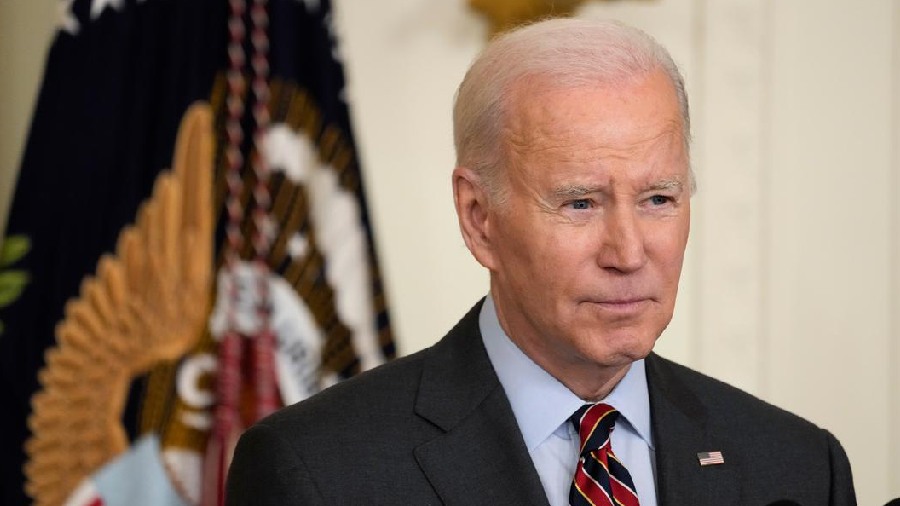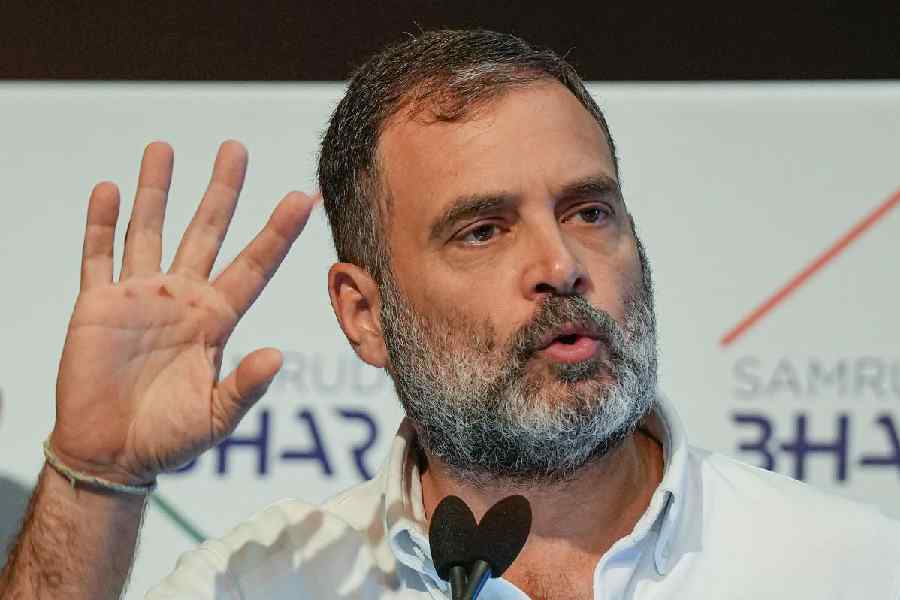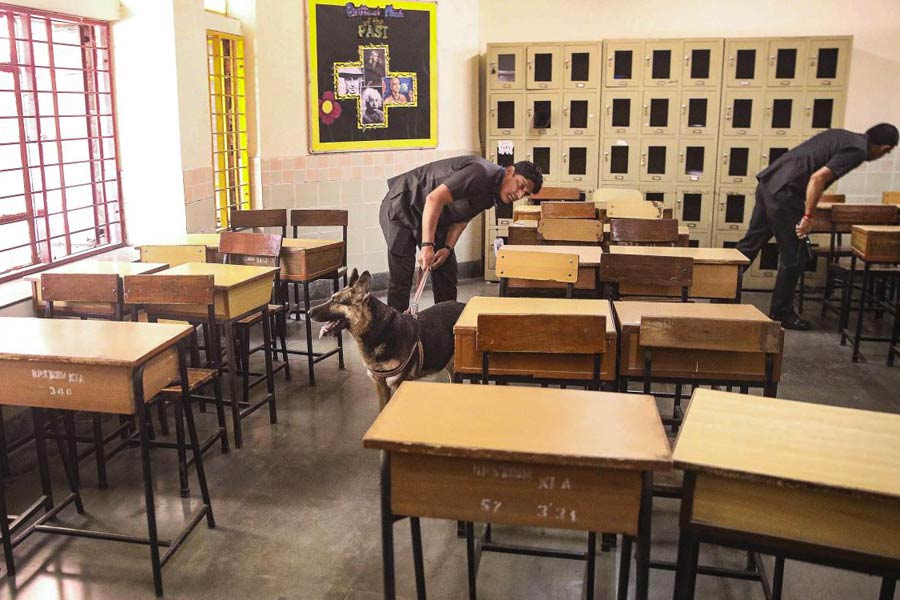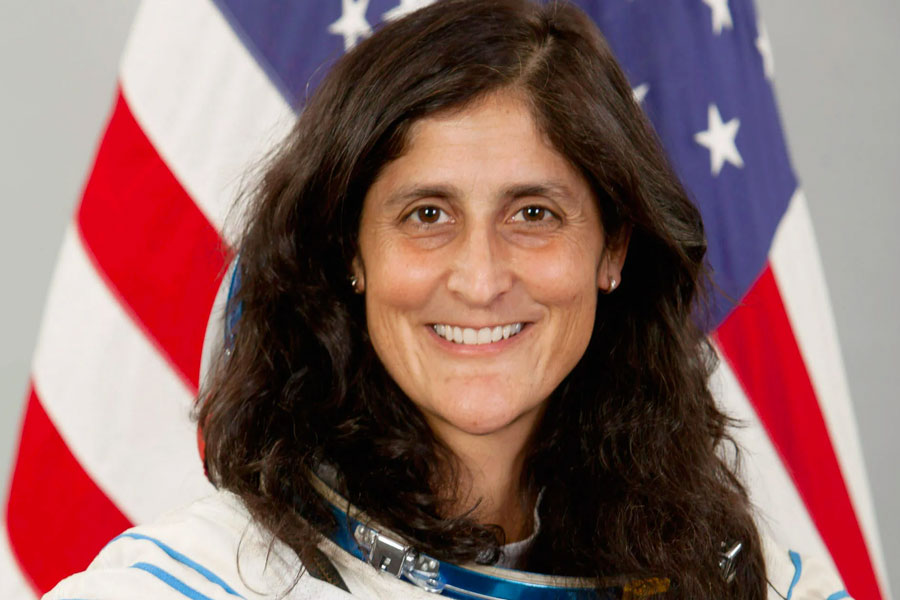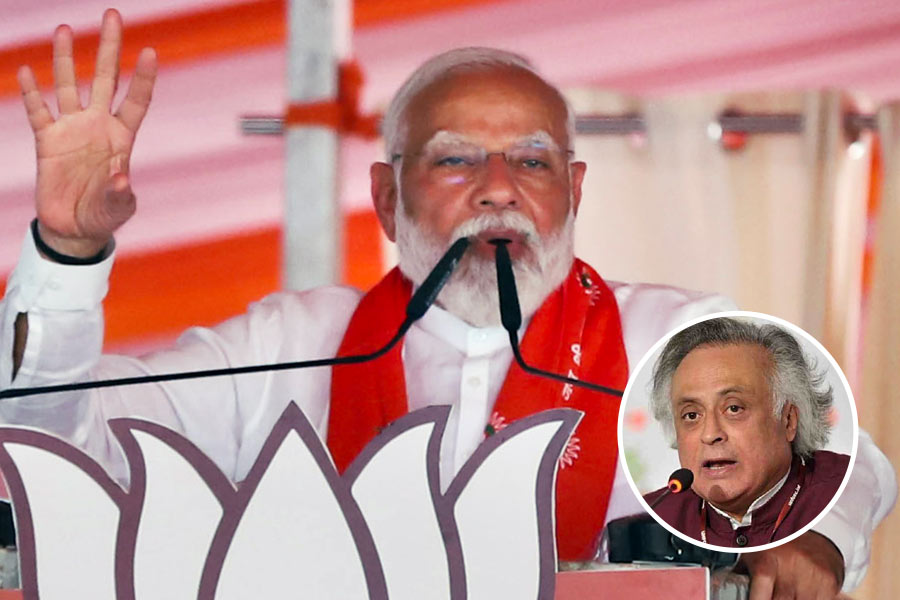There is a conscious effort to rework the binary between democracy and autocracy. The obvious context was the US-led ‘Summit for Democracy’ in March through which the United States of America is trying to push a narrative of its consolidated democracy. This narrative of democracy is being packaged and sold as a coveted possession. In his ‘Battle for the Soul of the Nation’ speech in September 2022, President Joe Biden gave a call to “defend” democracy.
Most democracies may not adhere to the principles of democratic functioning but they feed off the binary between democracy and autocracy. When individuals, organisations and the media are accorded a relatively greater freedom of speech and expression in a Western democracy, people in democracies like India develop a sense of appreciation for such States. Citizens and the media in America may not be necessarily persecuted by the State for their views but does freedom of expression keep the State in check?
Notwithstanding the popular perception of freedom accorded by the American State, the US need not be seen as superior in terms of its democratic functioning. Instead, it can be argued that the US represents a democracy, which has insidiously accommodated dissent by creating an illusion of public participation in the rituals of democracy even as the State marches on, violating numerous democratic principles. Wars overseas, an exponential defence budget, upturning the Roe versus Wade verdict, the right to bear arms are some manifestations of decisions that are anti-people.
Until now, it was believed that nationalism could corrupt democracy. But the American State has shown that democracy itself could be used to fuse a nationalistic identity to mobilise domestic and international opinion against a common enemy. Increasingly, around the world, democracy and nationalism are getting conjoined and the US is not an exception to this phenomenon.
Yet another presupposition was that democracies are in crisis due to the rise in populism. But democracy is increasingly being used to augment populist agendas. Democracy as populism transcends the division between the Left and the Right, fans deep chasms, and creates pockets of supremacy. This is detrimental for democracies and leads to democratic backsliding.
Democracy is a fragile and continuously transforming idea. Therefore, there is a persistent anxiety that undercuts the functioning of democracies. This vulnerability is often used by ‘democratic’ States to gain or retain power by endorsing identity politics and creating a false sense of comparative supremacy. For instance, in India and the US, the two ‘beacons’ of democracy, the way of mobilising people or public opinion leaves a lot to be desired. The leadership in both countries are using the vulnerabilities in their democratic set-ups to prove their stability. In India, there is an effort to create a homogenous identity and stability through Hindu nationalism; in the US, democracy is being reduced to an idea — rather than a consciousness — to be defended.
India is witnessing two identities being skilfully used for different purposes: Hindu nationalism is being used to claim stability while the State’s credentials of being a democracy are being exploited to conceal the brutalisation of the voices of dissent. For example, democratic India remains markedly indifferent, even hostile, to minority rights. Countries like India, where there is concern for the freedom of speech and expression, should be vigilant as democracies like the US have shown that the very notion of democracy can be co-opted by the State to make moral claims of supremacy. Moreover, established democracies have a seamless integration of identity politics within democratic spaces, making it harder for people to decipher the deception of democracy.
The democracy versus autocracy debate is self-defeating. It creates an external yardstick in the form of autocracy which limits the test of democracies to moral dispositions instead of actual outcomes.
Tarushikha Sarvesh is Assistant Professor of Sociology, Aligarh Muslim University

